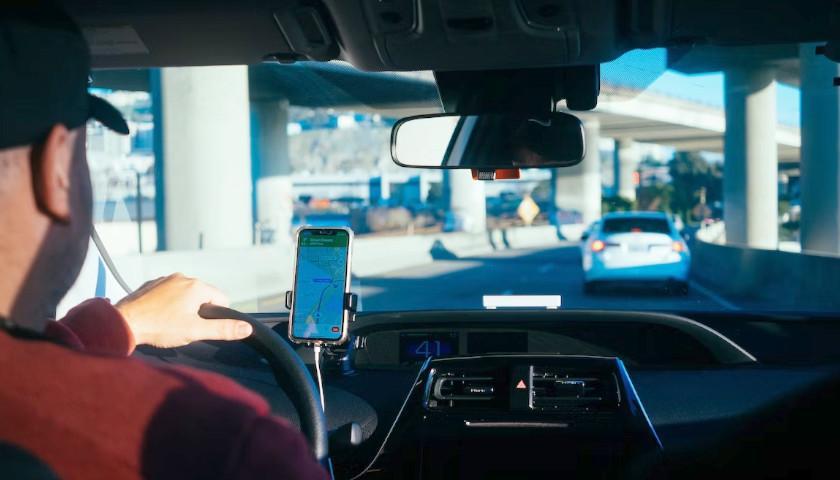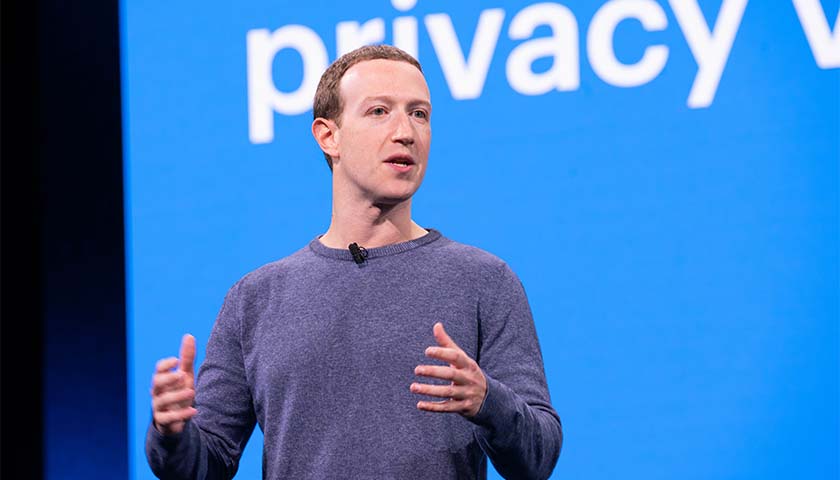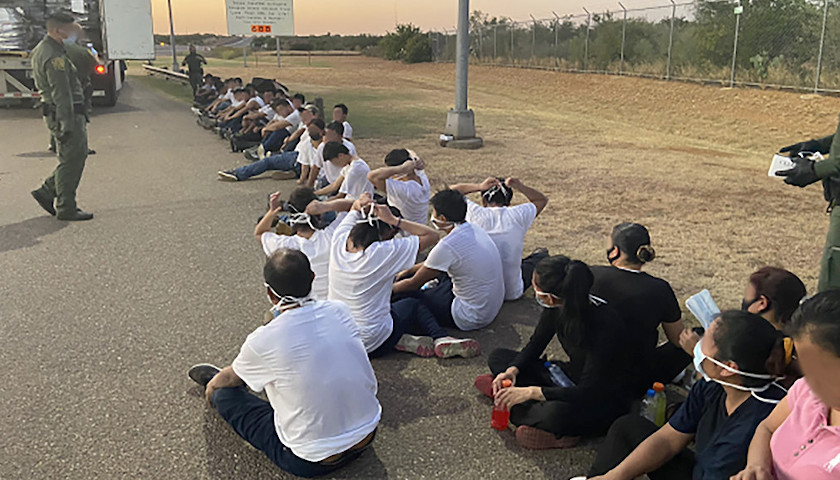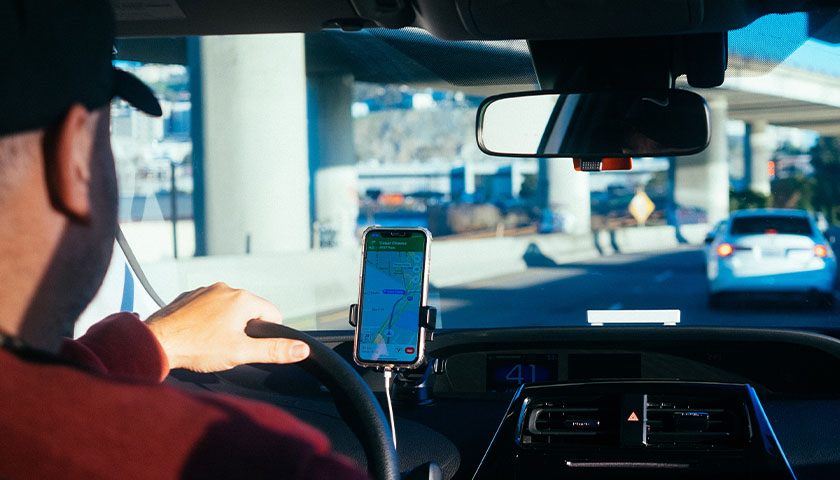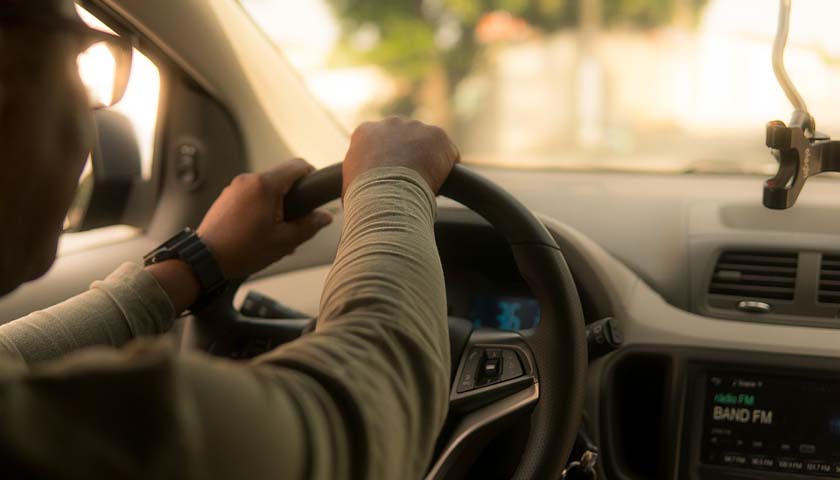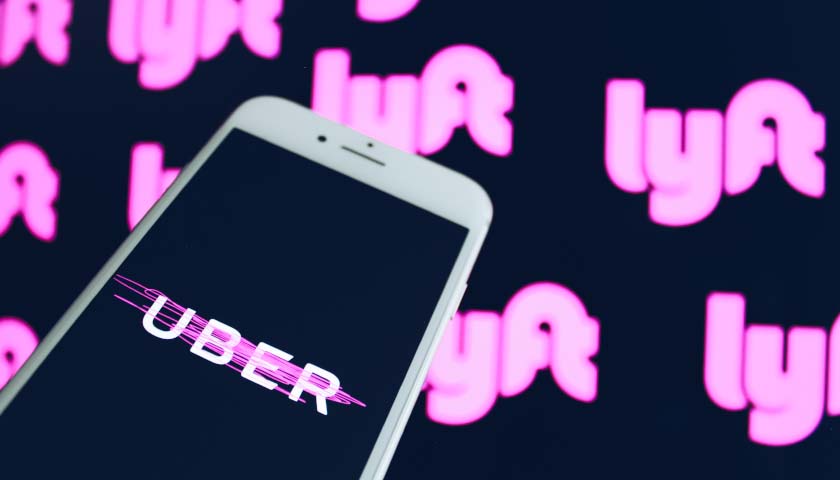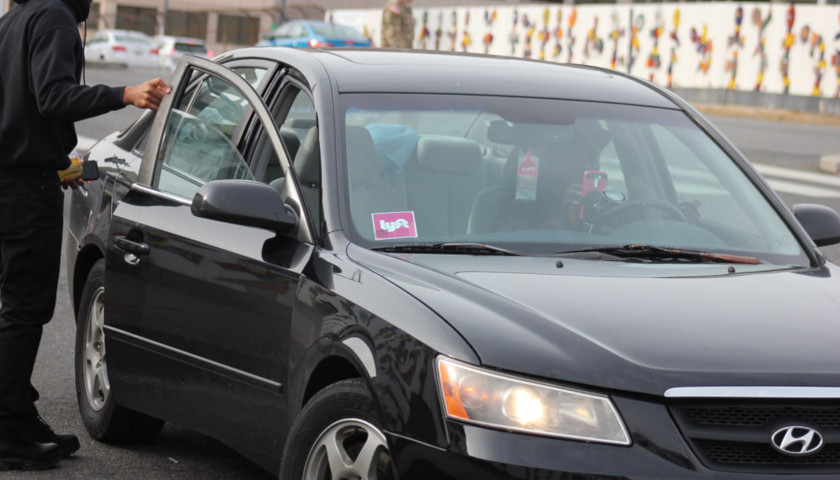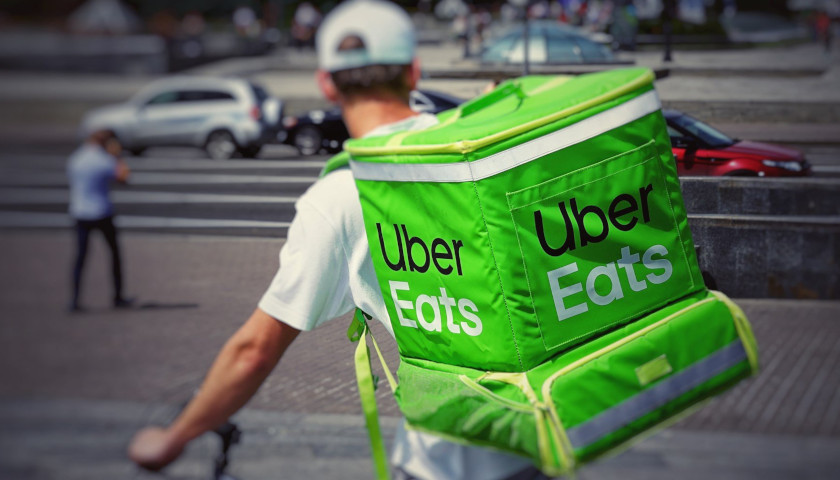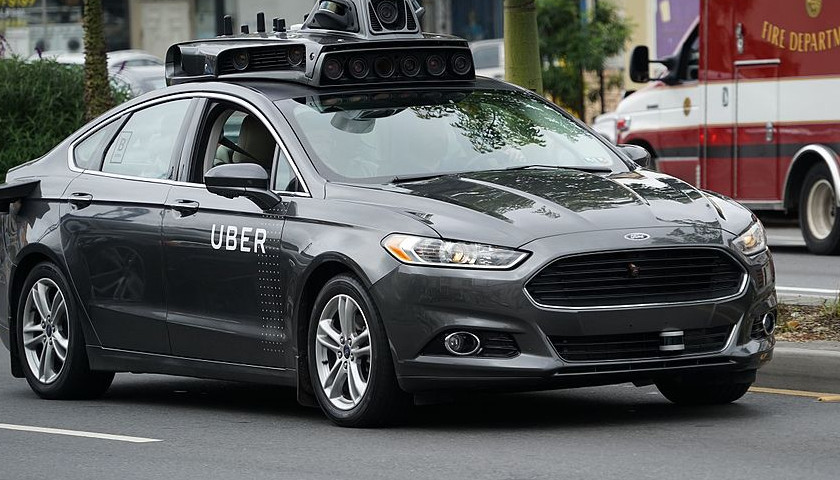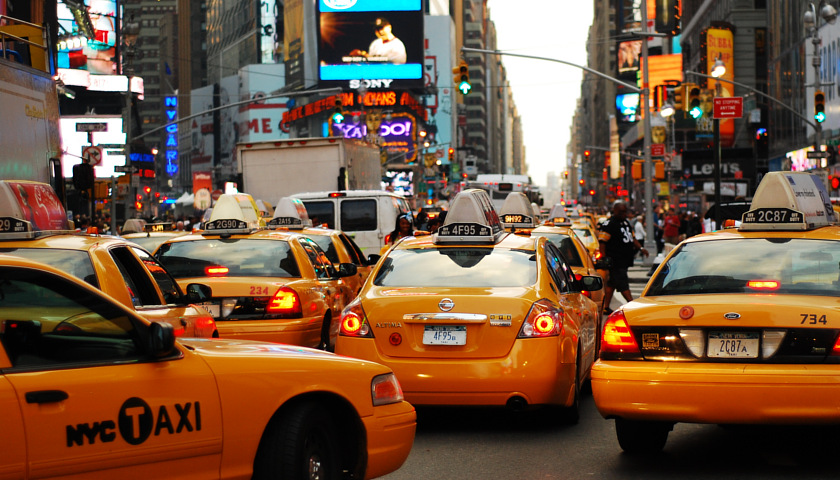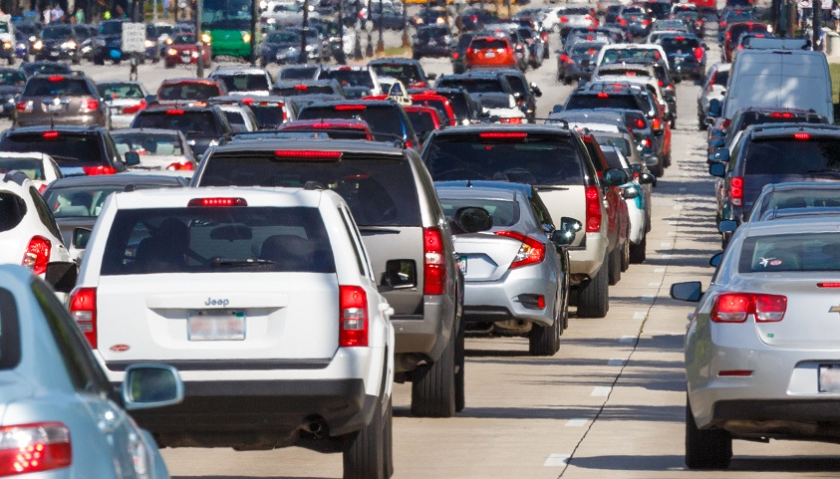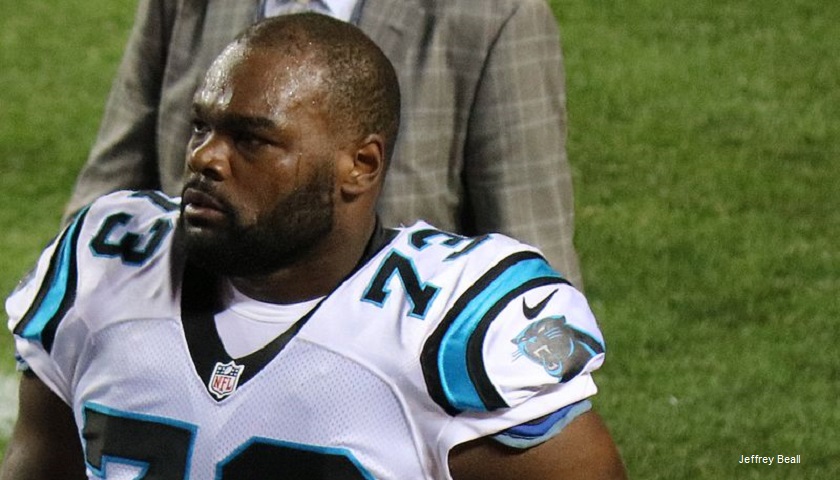The Minneapolis City Council voted to delay the enforcement date for new minimum compensation standards for drivers with transportation network companies such as Uber and Lyft. Pending approval from Minneapolis Mayor Jacob Frey, the minimum compensation standards would go into effect on July 1.
In March, the Minneapolis City Council authorized an ordinance which mandates that a driver for Uber or Lyft must be paid $1.40 for every mile driven while transporting a rider, and $0.51 for every minute a rider is being transported, or $5.00 (whichever is greater). The per mile and per minute rates would be annually adjusted under the ordinance.
Read the full story



